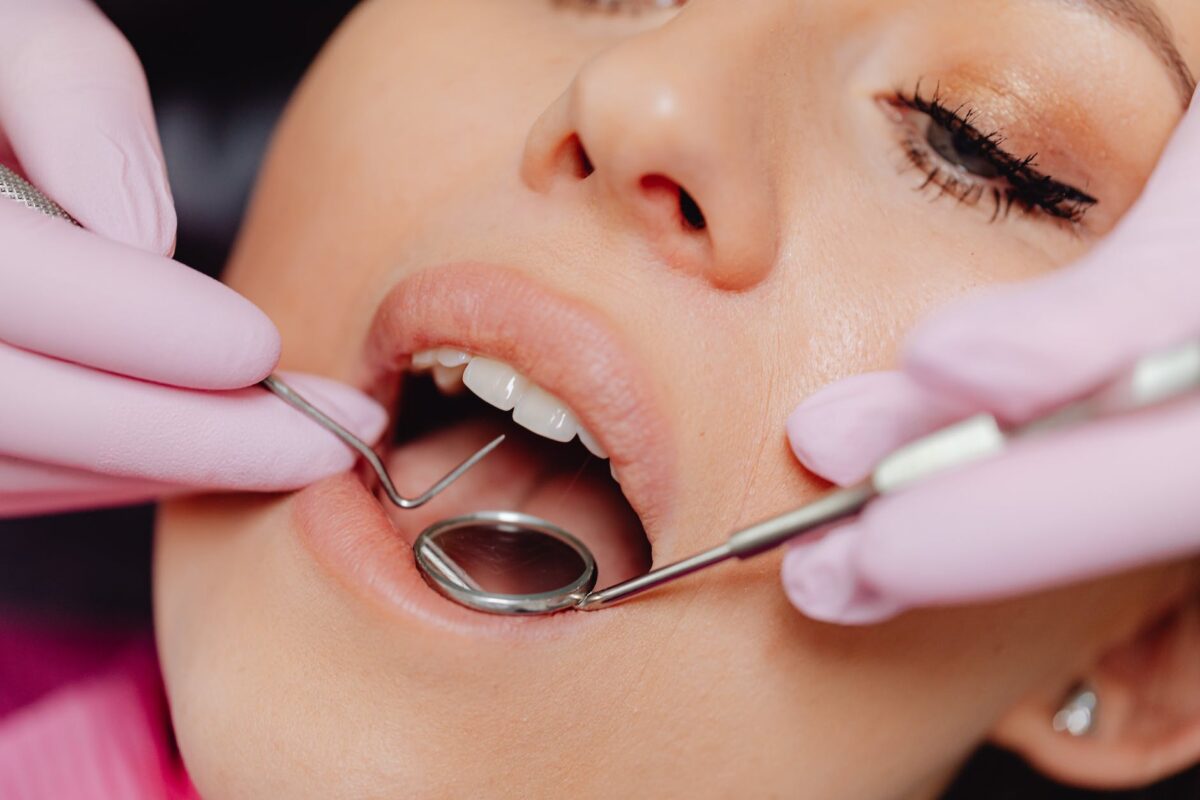Dental health is an important part of your overall health. It is not in contention that our oral Health is directly connected to our general health. The oral cavity is the gateway to our bodies and internal organs and a lot of things in the dental cavity can be indicative of kidney diseases, heart diseases, diabetes, cancer etc and vice versa. Hence, this article, dental insurance.
Similarly, our mouths are the entry point to our respiratory and digestive systems. And if we don’t care for our dents and allow bacteria enter, it can cause diseases.
Studies suggest that oral bacteria and the inflammation connected with a serious form of gum diseases equally play roles in certain diseases. And also, diseases such as diabetes and HIV/Aids have the capacity to lower the body’s resistance to infections that attack the body and consequently make oral health problems more severe.
In a similar vein, the body’s natural defences and good oral health care which include brushing the mouth daily, flossing and keeping bacteria under control. However, lack of proper oral health care can lead to oral infection like gum diseases and tooth decay.
Meaning of Dental insurance
Dental insurance is a class of insurance policy that works to reimburse for the treatments to our dental cavity. It is the class of insurance that pays for the treatment we receive from dentists with respect to our dent. Dental insurance operates as an individual plan. The coverage usually has an annual maximum limit, and certain procedures have huge co-insurance payments. Co-insurance means a situation where the insurer and the policyholder jointly assume risks.
Its level of coverage is with respect to preventive cares to your teeth to more serious accidental teeth damage. And also covers for x-rays and routine dental checks.
Dental insurance plans are very crucial in helping us to plan and budget for the costs of our dental care. With a variety of plans available, you can find basic dental coverage for general dental care or choose coverage for major care, such as dental implants.
Dental insurance plans can help you manage your dental care costs better by offering the benefits you may need to stay on top of your oral health.
Dental insurance coverage
The level of coverage of your dental insurance plans depends on the type of policy you have. But some of the covers by dental insurance policies are;
Preventive care
The common preventive dental care includes regular oral checks usually within every 6 months, teeth cleaning as well as regular X-rays.
It equally covers regular cleanings for all insured persons and fluoride treatments for those under the age of 16 on the plan. And it is often with no deductibles or waiting period. The import of preventive dental insurance plans is that we don’t have to wait until there’s a major problem with our teeth before we buy insurance. It is the dental care that enables us keep to good oral health. It drives a combination routine dental checks as well as developing good oral hygiene like brushing and flossing
Basic cares
This includes simple fillings at the dental hospital to treatment of dental minor pains
Major dental cares
This includes insurance for major dental problems like periodontitis. Periodontitis is serious gum infection capable of leading to teeth loss or even major health complications. This gum infection damages the soft tissues and if it is not timely treated can destroy the bones that support our teeth.
What is not covered by dental insurance?
There are some problems that dental insurance cannot cover, for instance, some procedures such as orthodonture and cosmetic dentistry, don’t enjoy coverage at all. Dental insurance also rarely covers expensive procedures such as orthodontics and cosmetic dentistry even if you try to argue that you need a procedure to alleviate emotional pain and suffering. When insurance does cover them, the annual maximums still often prevent you from saving very much, if anything, after you factor in your biannual cleanings and exams.
Orthodonture is a type of dentistry that has to do with prevention and correction of irregularities in the teeth. It typically focuses on correcting bites, occlusion and the straightness of teeth.
Similarly, most dental insurance policies have a waiting period. This period is that during which major procedures are don’t enjoy coverage for a year or more after the filling of the policy. The monthly premiums will depend on the insurance company, your location, and the plan that you choose. For many people, the monthly premium will be around $50 a month. This means that you’re spending $600 on dental costs each year even if you did not access any dental treatment.
Dental insurance waiting period
This is the period in the insurance policy before any standard work will happen. These times are set by insurers to ensure that they make profit out of a new policy. It is also for the reason of preventing people from buying dental insurance policies to cover impending procedures. These waiting periods may range from 6-12 weeks. However, the waiting periods for major dental insurance plans is usually higher and can take up to two years.
Benefits of dental insurance
Dental plans can help you manage your dental care costs better. This is because the cost of not taking care of your oral health could be more.
Preventive ensures timely identification of oral problems. Hence, waiting until there’s a problem means that dental treatment will often be more expensive
Without dental insurance, Major problems linked to poor oral health such as like heart disease and diabetes are more likely to occur.
Annual Maximums
Annual maximum in dental insurance is the maximum amount of money your dental insurer will pay out with regards to your dental cares or treatment at the end of the year. Therefore, each you submit a dental claim, your insurer will usually subtract the costs they have incurred by paying for your treatment from your maximum. Consequently, the moment you reach your annual maximum, you will be liable to pay out of your own pocket for the treatment you receive. This annual maximum only applies to the proportion of money your policy pays on your behalf, but does not apply to co-pays or any deductibles.
For instance, some dental insurance policies have low annual maximums of around $1,000. This entails that the moment your dental bills exceed $1,000 in any given year, you will pay the extra yourself.
Conclusion
Dental insurance is a crucial type of policy that suitable for everyone. This is because of the pride of place our oral health occupies in the determination of our overall general health. It is therefore advisable that you purchase for yourself and family members today.



